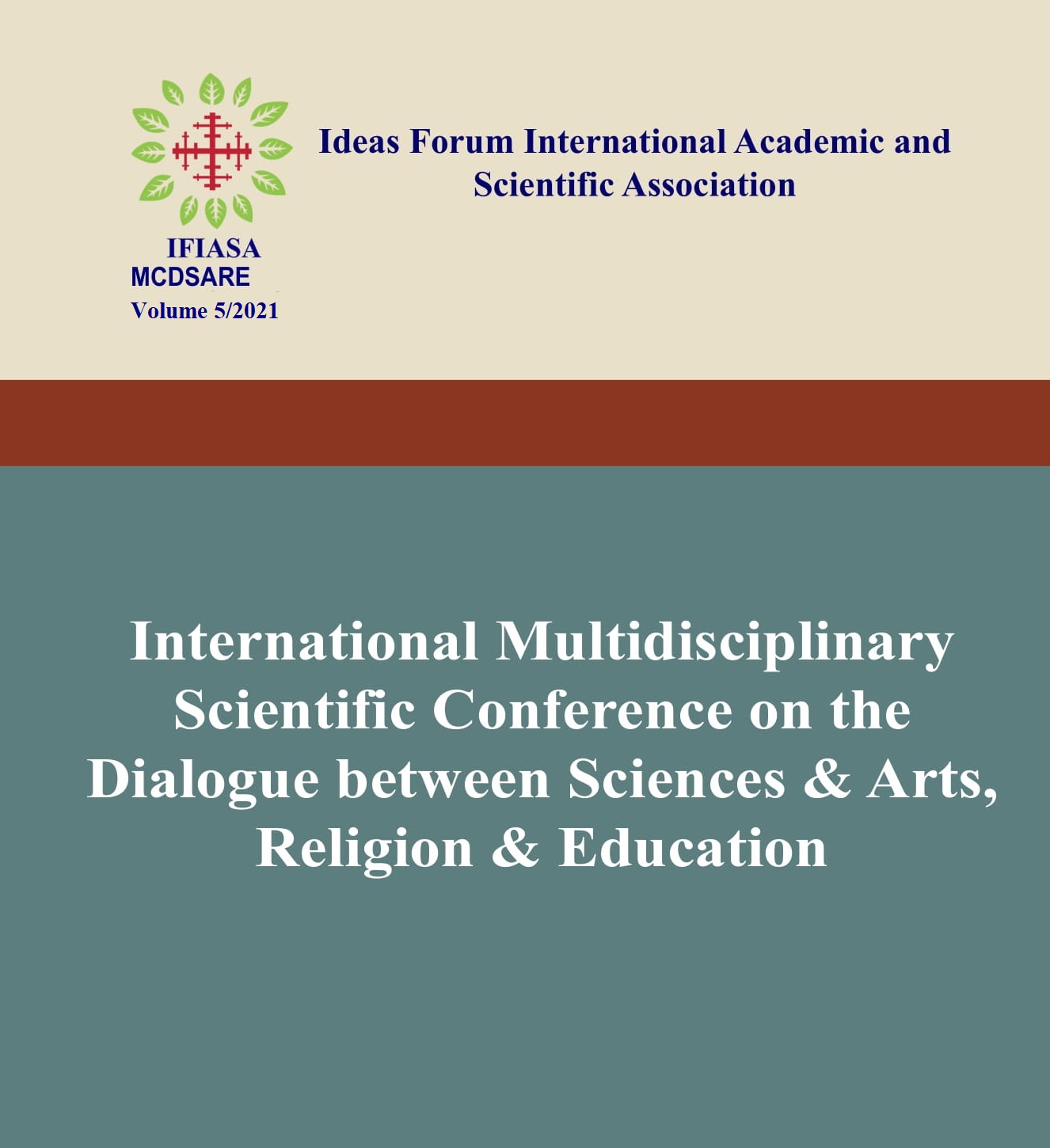CLASSICISM AND NEO-CLASSICISMS IN THE HISTORY OF MUSIC
CLASSICISM AND NEO-CLASSICISMS IN THE HISTORY OF MUSIC
Author(s): Gabriel BulanceaSubject(s): Language and Literature Studies, Music, History of Art
Published by: Ideas Forum International Academic and Scientific Association
Keywords: classicism; neo-classicism; nomos; canon; artistic perfection;
Summary/Abstract: In one of his articles, Octavian Paler draws attention in a metaphorical-mythologizing manner upon one of the risks taken by those who chose tradition as their source of inspiration. The epigonic spirit, because this is what he refers to, cannot escape idolatrising tradition, phenomenon that happens within an alterity of the creative identity, within the pettiness of controlling the artistic means, within the infatuation of his own image which is placed under the protection of the great creative figures. The epigone masters in anembryonic form some techniques which, for various reasons, he cannot manipulate creatively. He is somehow suspended between two sensibilities, hence his failure. On the one hand, he is not aware of the risk of assuming past sensibilities, and on the other, he does not assume his contemporariness. Giving into the temptation of looking too much into the past, the epigonic artist loses his identifying sensibility. "The mistake of neo-classicism, with its statues painted or sculpted based and antique models, is Orpheus’ mistake. As we no longer have the soul of the ancient Greeks, imitating their art is useless because in art too, looking back kills if there is no conscience of the irreversibility. From this point of view, there is no turning back unless in order to desolate everything” (Paler, 2016, pp. 189-190).This quote refers to neo-classicism perceived in its most rudimentary form, in which it would identify itself with the epigonic phenomenon. Of course, no relation of equality can be claimed between an epigone and a neo-classicist. If we are to give a brief definition in which to establish a relationship between these two terms, the epigone is a neo-classicist that lacks fantasy. Neo-classicism means to creatively take over technical means, past sensibilities in order to anchor them in the tumultuousness of contemporary times. Neo-classicism represents the happiest mixture between past and present, that form of artistic reverberation in which modernity still makes room for the seal of the past. Not servility, not obedience, not anachronism which denote the incapacity to assimilate new composing techniques or the lack of vigour of creative energies, but the power to adapt to new sensibilities through restorative interventions. Starting from here, we will trace a re-echeloning line of various types of neo-classic sensibilities specific to the end of the 19th century and to the entire 20th century.
- Issue Year: 5/2021
- Issue No: 1
- Page Range: 115-122
- Page Count: 8
- Language: English

